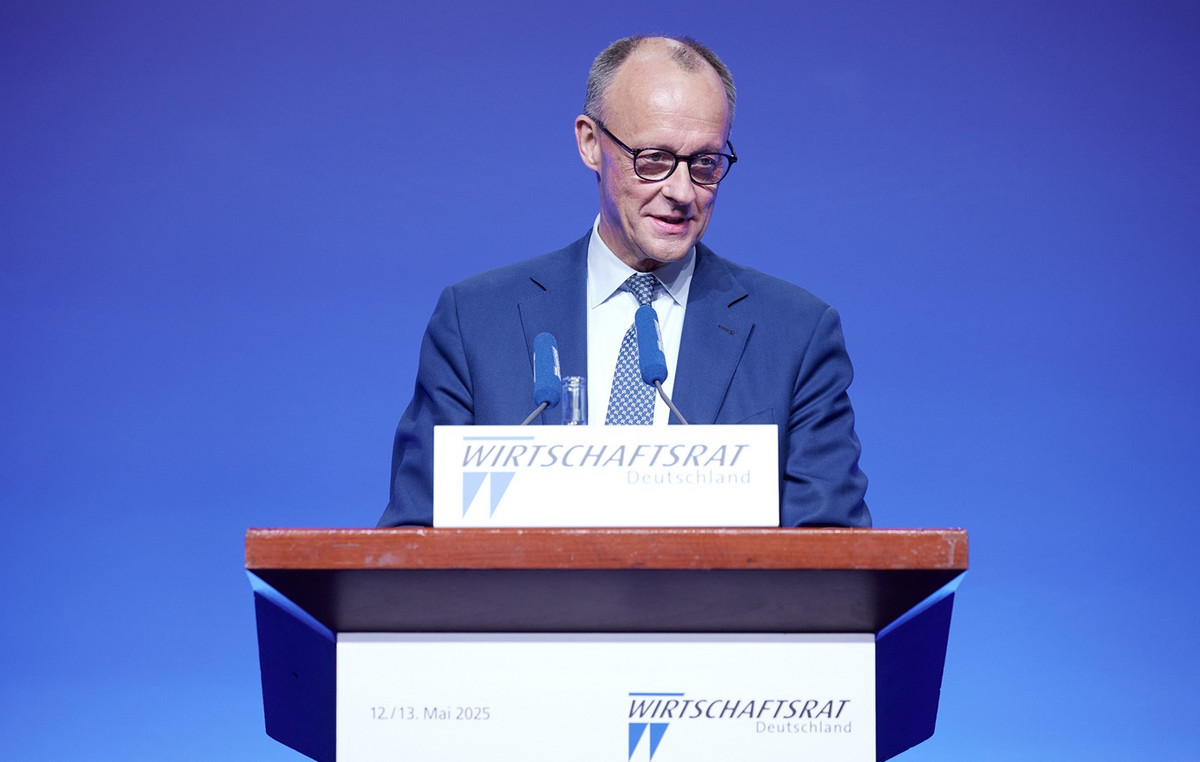A wave of revisions for the Brazilian economy continues to occur. The latest Focus Bulletin, released every Monday by the Central Bank (BC), showed that forecasts for the inflation rate and for the growth of the Gross Domestic Product (GDP) are better for both this year and the next.
The movement for both years, however, takes place with very different performance intensities.
It is worth remembering that 2022 started with a forecast of rain and thunderstorms for the economy, but the federal government turned on a kind of big fan to ward off bad weather with a series of stimulus measures – from tax reductions to FGTS advance and 13th. wage. The global drop in commodity prices and a certain normalization of supply chains added to the strong recovery of the service sector with the post-pandemic recovery, which also helped to open the sky this year.
The forecast for 2023, however, is for a cold front. The BC has already declared its intention to keep interest rates at high levels to watch a structural drop in inflation, as the deflation seen in recent months has more to do with tax cuts than with an improvement in economic activity.
The expectation is that next year will also bring a lot of uncertainty for public spending, and it is not known what is the willingness – and the fiscal strategy – of the new government to keep the machine that keeps the turmoil away from spinning.
The international scenario crowns pessimism. The most important data of the day is consumer inflation in the United States, which, according to experts, may indicate that the rise in the cost of living in the world’s largest economy may have reached a peak. If this proves to be true, it is presumable that a series of further revisions could be on the horizon.
Presented by Thais Herédia and Priscila Yazbek, CNN Money presents a balance of news issues that influence markets, finances and the direction of society and power dynamics in Brazil and worldwide.
*Posted by Tamara Nassif
Source: CNN Brasil







